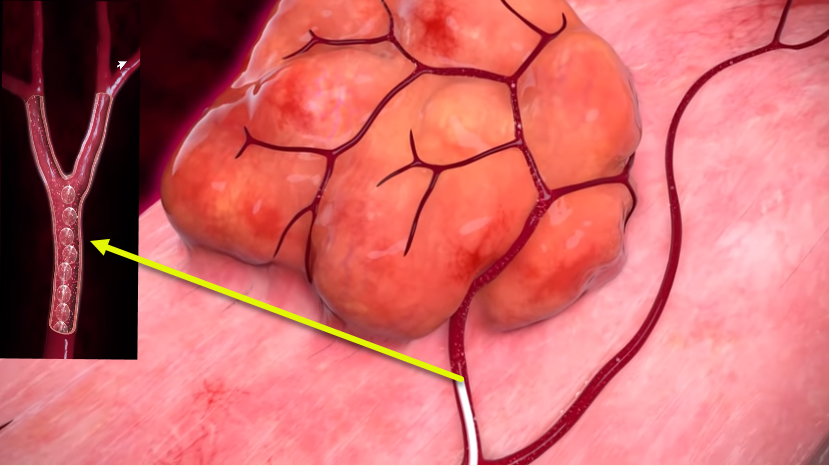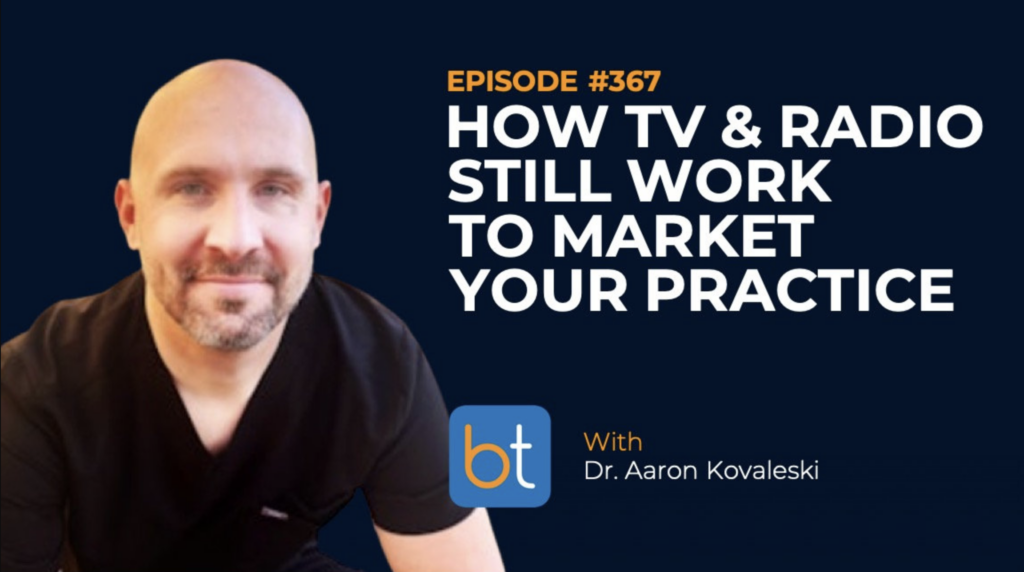For many years, a major surgical undertaking – a hysterectomy – was the only course of treatment for uterine fibroids. This meant a hospital stay, general anesthesia and a painful recovery period. However, thanks to interventional radiology and the advancement of technology, uterine fibroid embolization is an alternative to surgery that women, regardless of season of life, should know about and understand.
What is Uterine Fibroid Embolization?
Put very simply, uterine fibroid embolization (or UFE) is a minimally invasive procedure that aims to shut off blood supply to the fibroid. An interventional radiologist uses a catheter to inject embolic material (small spheres) into the blood flow leading to the uterine fibroid tumors. The embolic material blocks the vessels in and around the fibroid, depriving it of oxygenated blood which causes the fibroid to shrink in size. The entire fibroid treatment typically lasts less than one hour and occurs as an outpatient therapy with patients in and out the same day.
Who is a good candidate for UFE?
Fibroids can impact any woman regardless of age. But, you may be a good candidate for UFE if:
- You are experiencing symptoms associated with uterine fibroids
- Retaining your uterus is important to you and are looking for alternatives to hysterectomy
- Surgery is not something you want.
- You are a non-surgical candidate due to preexisting conditions, such as obesity, bleeding disorders, or anemia
- You are not pregnant and are planning on having more children
Key Advantages of Uterine Fibroid Embolization
One of the biggest advantages to UFE at ECCO Medical is the fact that it occurs in an office based setting. This means no hospital stays, a lower risk of infection, quicker recovery and no general anesthesia. Additionally, there are a number of benefits to this non-surgical procedure:
- Preservation of the uterus
- Heavy menstrual bleeding decrease from symptomatic fibroids
- Urinary dysfunction improves
- Pelvic pain and/or pressure lessens significantly
- Virtually no blood loss
- Overall, significant improvement in patient’s physical and emotional well-being
Uterine fibroids are common in women, but that doesn’t mean that all women need to merely cope with them. If you’re concerned that uterine fibroids may be impacting your life in a negative way, take this quiz to help figure out next steps. Or give us a call for more information.




